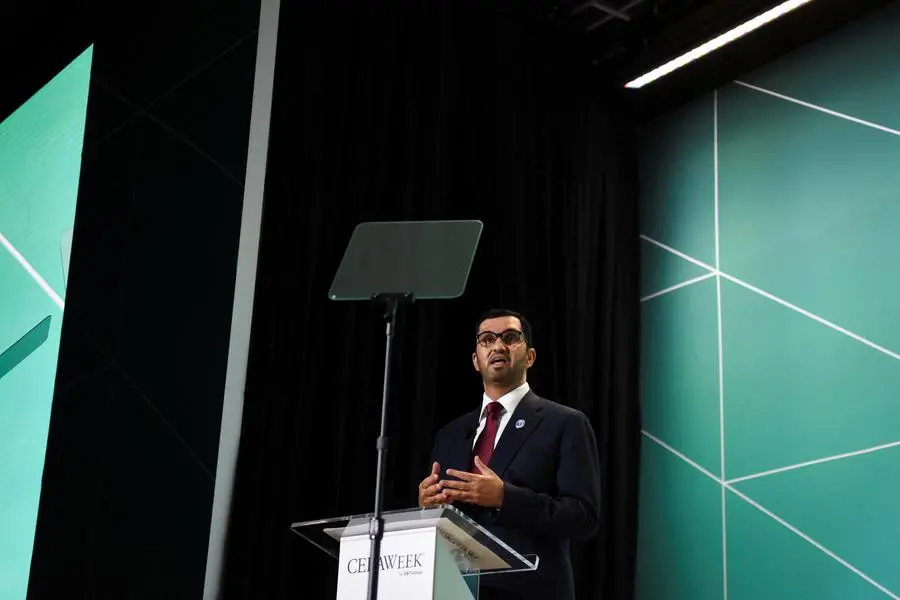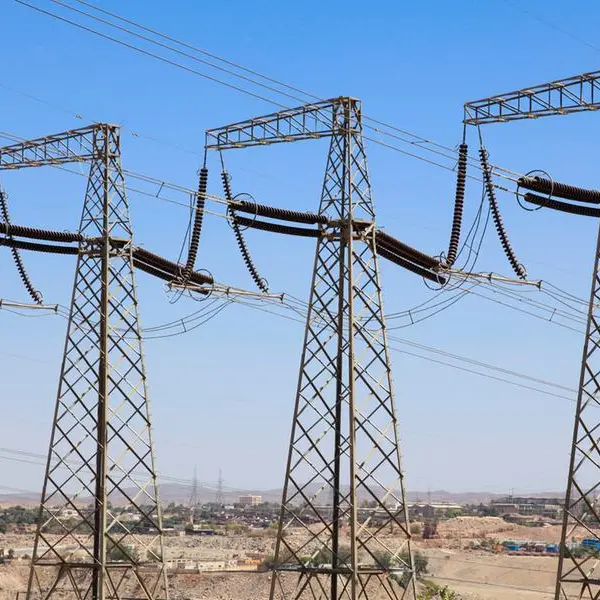PHOTO
DUBAI - The United Arab Emirates President of COP28 on Monday urged countries to seek "common ground" to resolve disagreements over the future of fossil fuels ahead of a U.N. climate summit he will host from the end of the month.
The summit, from Nov. 30 to Dec. 12, will seek agreement on phasing out fossil fuels.
But countries are divided between those demanding a deal to phase out the burning of coal, oil and natural gas that produce the greenhouse gases that are the main cause of climate change and nations insisting on preserving a role for fossil fuels.
"I know there are strong views about the idea of including language on fossil fuels and renewables in the negotiated text," Sultan al-Jaber told the Pre-COP28 summit convened in Abu Dhabi with around 70 ministers and 100 delegations in attendance.
"I need you to work together to come forward with solutions that can achieve alignment, common ground and consensus between all parties," he said.
European countries and climate-vulnerable states want the COP28 talks to land a package of measures to cut planet-warming emissions faster, including a pledge to triple global renewable energy capacity by 2030 and phase out CO2-emitting fossil fuels.
Spanish Energy Minister Teresa Ribera said on Monday the Pre-COP talks had not yet delivered any breakthroughs, but should help countries understand one another's positions as a first step towards finding compromises.
"We don't see yet much movement... it is the first time that we go through these detailed explanations on why the positions are what they are, where their priorities may be, which is very important," she told Reuters.
After a year of extreme weather, the COP28 summit is a chance for governments to accelerate action to limit global warming.
The choice of Jaber to lead the climate talks drew criticism from some U.S. and EU lawmakers because he is the boss of the UAE's state oil firm ADNOC, as well as the country's climate envoy.
He has called for the summit to bring together all stakeholders, including in the fossil fuel industry and has said that the phase down of fossil fuels was inevitable.
Phasing down suggests countries should reduce, but not entirely eliminate, their fossil fuel use. European and climate-vulnerable states want to go further, and agree to eventually phase out all CO2-emitting fossil fuels.
(Reporting by Maha El Dahan, Kate Abnett, Alexander Cornwell; Editing by Christopher Cushing, Michael Perry, Barbara Lewis and David Gregorio)





















